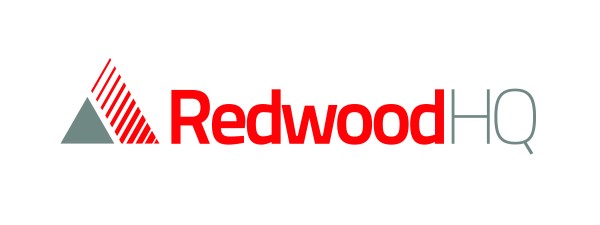Machines
This list will display all machines where RedwoodHQ Agent is installed on (which will get auto registered on this page after installation). It shows the current list of boxes which can be used for test execution and you can define thread and variables value for it.
Host Name/IP
An actual IP address or a valid Host name of the machine where RedwoodHQ agent resides. Clicking on this link will open a VNC tab of this machine.
Port
RedwoodHQ Agent port as has been defined during the installation (default port is 5009).
VNC Port
RedwoodHQ Agent VNC port as has been defined during the installation (default port is 3006).
Max Threads
You can specify multiple threads that machine can handle to be used by execution by putting a number. Multiple threads is very useful where you want to run tests in parallel on a single box rather than just using 1 box per test case. Some of good example where multi-threaded execution can come in useful is API testing where there is no UI interface and typically machine can handle multiple parallel processes. Selenium also support multi-threaded execution on a single box and can be used as well, just make sure that you have valid After State selected to close the browser after it’s done with it.
Tags
Tags which are assigned to the machine ease of search.
Roles
Actions in action collection might have logic to be able to execute against multiple machines (eg: Server configuration on one while browser execution on another) and here you’ll define to what role machine belongs to by entering a value and pressing enter (or selecting multiple values from drop down). For more information of Role usage in Action Collection can be found here.
Description
Description text to describe this machine.
State
How many threads out of how many available are currently being used right now by any given execution.
Edit
Will enable editing of this machine.
Delete
Will remove this machine (but if RedwoodHQ Agent is not shutdown this machine will appear again, so make sure to shut it down first before doing any deletion).
Machine Variables
Clicking on Machine Variables button for any given machine will bring up Machine Variables screen. All variables which are defined here belong to this specific machine and are retrieved by Action Collection parameters like this: ${ Machine.<Role>.<Variable Name> }. This feature is useful if you need to retrieve information during execution by action collection specifically for this machine rather than execution or global variables. So if the above machine example belonged to ‘Default’ role and I would want to retrieve ‘OperatingSystem’ by a parameter I would type this in action collection: ${ Machine.Default.OperatingSystem } (for more information on pointing to machine variable in Action Collection click here).




Post your comment on this topic.
Denis Molchanenko (PrimaTest) wrote: Sep 17, 2014
Good news is that when you bring up RedwoodHQ agent it will automatically register itself on RedwoodHQ server based on properties.conf file configuration (which is under agent installed folder). So every time you start the agent and that box has a new IP address it'll register on RedwoodHQ that new 'machine' (but later on it would be a good idea to clean up old IP address 'machines'). The other way is to create a new 'machine' and register not by IP address by but 'host name' (which should always be the same and not change).
Geert Peeters wrote: Sep 16, 2014
How do you force a machine to present itself with its hostname? We would like to use our personal PC's which receive a dynamic IP address via DHCP